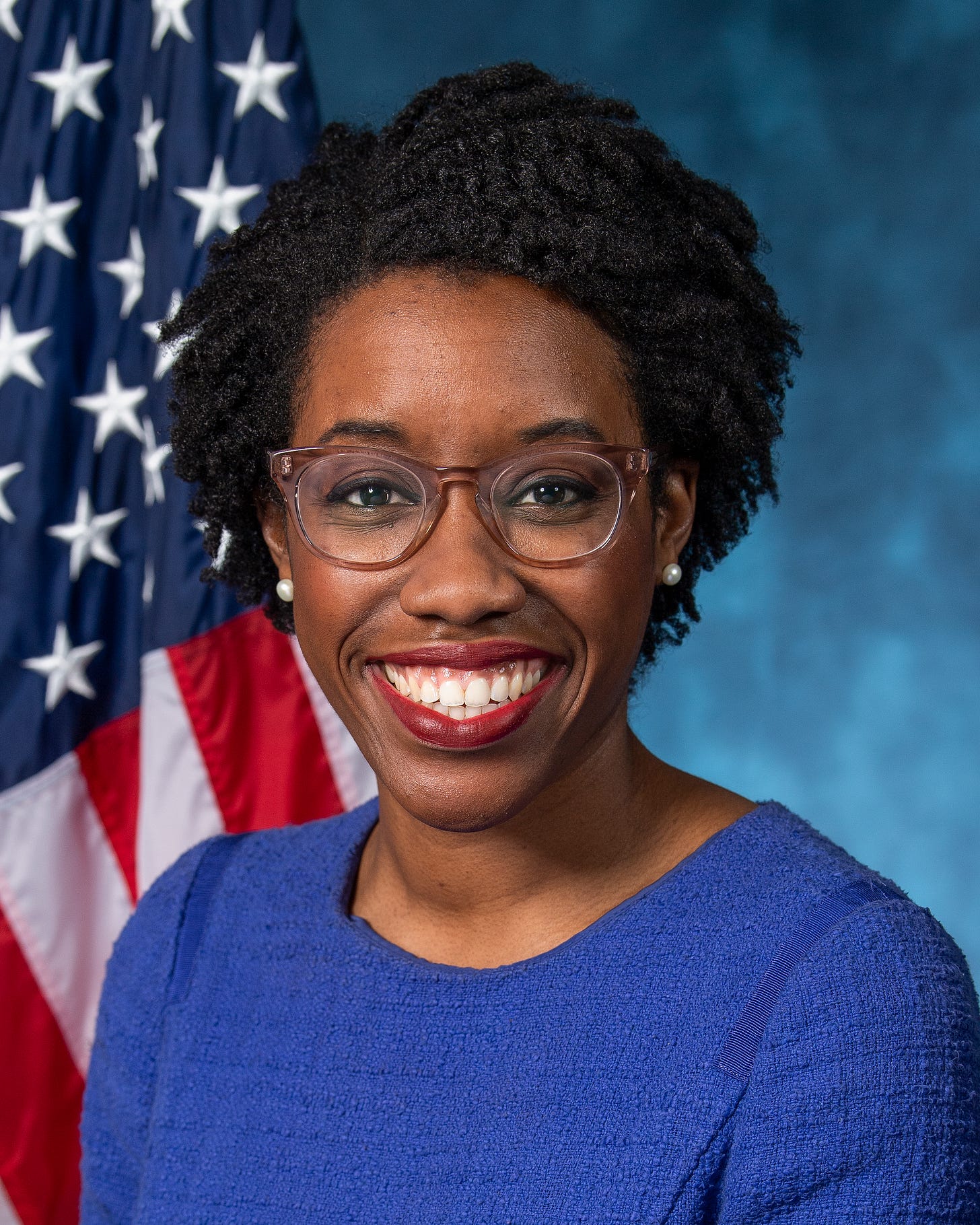
It is easy to be cynical about American politics — especially now. And that means, by extension, it’s easy to be cynical about politicians. In fact, the very word “politician” can be used as a pejorative.
The Merriam-Webster dictionary has two definitions for “politician.” The first is more noble: “a person experienced in the art or science of government.” There is, however, a 2b variation, which Webster’s notes is “often disparaging”: “a person primarily interested in political office for selfish or other narrow usually short-sighted reasons.”
politician
noun
pol·i·ti·cian ˌpä-lə-ˈti-shən1: a person experienced in the art or science of government
especially : one actively engaged in conducting the business of a government2a: a person engaged in party politics as a profession
2b: often disparaging : a person primarily interested in political office for selfish or other narrow usually short-sighted reasons
In our heavily partisan environment, it is natural for people to think the worst about politicians belonging to the opposing party. But there is also a more general, timeless sense that politicians of all stripes are problematic. As the famed humorist Will Rogers said way back in the 1930s, “Everything is changing. People are taking their comedians seriously, and the politicians as a joke, when it used to be vice versa.”
Or, as then-Senator John F. Kennedy bemoaned in a 1957 speech, “It is disheartening to me, and I think alarming for our Republic, to realize how poorly the political profession is regarded in America. Mothers may still want their favorite sons to grow up to be President but, according to a famous Gallup poll of some years ago, they do not want them to become politicians in the process.”
And that was before Watergate. And all that has come since.
To be sure, there are politicians people like and even revere. These are usually high-profile leaders in the political parties — the very people whom those of a different ideological bent tend to despise.
But most politicians, even ones who are members of Congress or relatively high up in state and local government, toil away in regular obscurity without much press coverage or name recognition in the country at large. Even many of their direct constituents, those who see their names on the ballots they cast, may be barely familiar with those they elect to ostensibly represent their interests in government.
But politics is a business not only of people but also of numbers. It matters which party holds the majority in national, state, and local governments. And when we hear about Democrats or Republicans trying to pass this or that, success comes down to votes from people who were elected to be there.
And each of those is an individual, a person who came from somewhere and somehow ended up in elected office. The paths are as varied as the people themselves. Each one is a story.
Recently, The Washington Post's Ruby Cramer published a remarkable piece titled, “A life in Congress: Lauren Underwood learns what it costs.” It is the kind of journalism you don’t see much of these days: thoughtful, nuanced, on-the-ground reporting, and yes, detailed. We encourage you to read it in full.
The article’s subtitle states the central thesis: “As a single Black woman in the House, the 36-year-old Illinois Democrat tries to balance who she is versus what she does.” A trained nurse who was diagnosed with a heart condition as a child, Underwood was inspired to run for Congress when her representative, Republican Randy Hultgren, pledged to work to repeal Obamacare in 2017. After crushing six other candidates in the Democratic primary, Underwood narrowly defeated Hultgren in the 2018 general election. She was reelected in 2020 and 2022.
While a lot of media coverage of Congress takes place in formal press conferences and the roving packs of representatives and reporters constantly traversing the Capitol, this profile is starkly different. We go home with Underwood, meet her parents, get an understanding of interests in politics and current events dating back to childhood (that she liked to watch a certain anchor on the “CBS Evening News” is purely coincidental in our choice to profile her story).
We also see the struggles and sacrifices of public service, especially for a single Black woman trying to balance the demands of the job, the racism and misogyny she faces, her attempts at dating, and maybe becoming a mother:
As the youngest Black woman elected to Congress, and as a single Black woman in Congress, her situation was not, by any measure, normal. “If there was a long line of people like me,” she said, “I would not be abnormal.” But there wasn’t a long line of people like her.
She had looked into freezing her eggs. She had researched the financial implications of in vitro fertilization, adoption and full-time child care. “This stuff is not free,” she said.
We also get a behind-the-scenes look as Underwood hit the campaign trail last summer, unsure of reelection in a competitive district. She ended up winning convincingly. But that doesn’t diminish the demands of the job and what it can do to a person.
Not many members of Congress talk about the distinction between what they do and who they are. In politics, the two bleed together, like circular, self-evident logic. The who is the résumé that makes you qualified for the job. The who is the backstory that explains why you want it, that you have “authenticity.” The who is the family by your side. Very quickly, the who becomes ancillary to the what.
Underwood always tried to keep the two separate. She once compared the split to Beyoncé’s alter ego, Sasha Fierce. Lauren Underwood and Congresswoman Underwood were different. The nasty things people said on the internet about Congresswoman Underwood — “it is no reflection of who I am,” she said. At home, she prioritized time with her parents, Clarence and Darla Underwood, because they understood this most of all. “They really care about Congresswoman Underwood,” she said, “but they mostly just care about me.”
In total, this article offers a thoughtful portrait of what it’s like to be a politician, a role held by real people, just like any other job. Maybe if there were more coverage like this, the voting public would better understand the stakes of representation. Maybe we could start to see people across the political spectrum as human beings, even as we support those representing our ideals and favored policies.
Underwood, because of who she is and where she's from, is a singular figure in Congress, not merely one of 435. Getting this more complete picture was enlightening and welcome. It would be great to see more profiles like this, of congresspeople with varying ideologies.
We would love to hear what you think about your member of Congress in the comments section. Are any of you in Congresswoman Underwood’s district? We also have a poll:
Note: We’re deeply thankful for the Steady community. If you aren’t already a member, please consider subscribing. Both free and paid options are available.















My Congressional Representative is Jamie Raskin. He is incredible and we are so lucky to live in the district in Maryland that he represents.
One of the reasons, in my opinion, that our Senator John Fetterman has so much support in Pennsylvania is because he has gone out of his way to be known to us. He is real, available, and honest. The medical issues are the same issues many of us have and his courage in meeting these problems are real to many of us. His campaigning covered all 67 counties. His stances on issues are clear and transparent. He and his wife and children are good role models for dealing with the stresses of politics. Others who have run for office lately are incoherent closed books in comparison. Thanks for asking. It made me think.